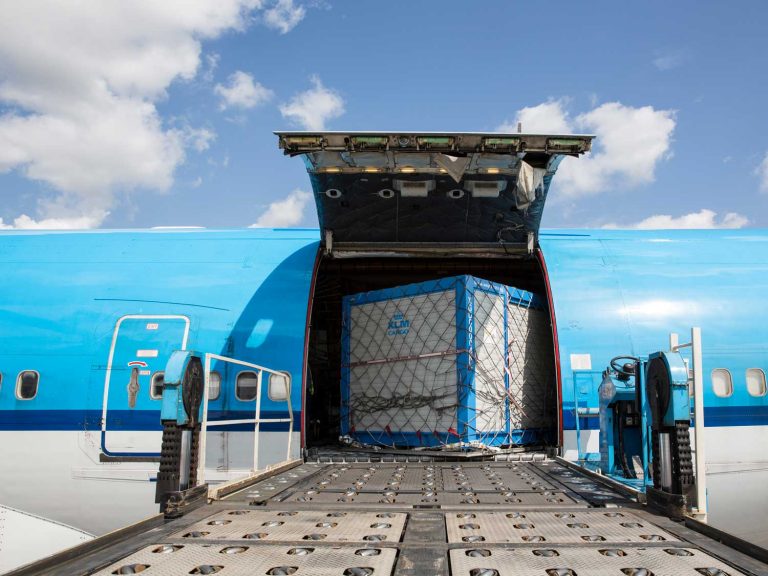
Date:
Metro support drive for Sustainable Aviation Fuel
Despite the continuing challenges of the COVID pandemic and the war in Ukraine the aviation industry is committed to decarbonising by 2050, but alternative energies such as electric and hydrogen will not solve the challenge, which is why Metro is joining industry ‘innovators’ to support and invest in sustainable aviation fuel.
IATA member airlines and the wider aviation freight industry are collectively committed to making flying net zero by 2050 and Sustainable Aviation Fuel (SAF), which was first flown on a commercial flight by KLM in 2011, has been identified as one of the key elements in helping achieve this goal.
Aviation biofuels are produced from plant sources, waste oils, solid biomass, or from synthetic biology and can lower CO2 emissions by up to 98% compared to conventional jet fuel.
‘Sustainable’ biofuels do not compete with food crops, prime agricultural land, natural forest or fresh water. Sustainable aviation fuel is produced worldwide, and each source is certified as being sustainable by a third-party organisation, to guarantee its integrity.
However, there is a “huge amount of work” needed to drive widespread adoption of SAF across the aviation sector, including more research and development, and technological development on feedstock.
With challenging sustainability objectives of their own (in line with the 2015 Paris Agreement) key carrier partners Air France, KLM and Martinair Cargo created a joint SAF initiative in 2020, to drive carrier adoption and to generate wider support across the air cargo community.
Metro has already made its operations carbon-neutral and is committed to extending this zero-emission strategy as far down customers’ supply chains as possible, which is why the board has elected to join the AFKLMP Cargo SAF programme and invest in sustainable aviation fuel.
With unaddressed air carriage CO2 emissions forecast to reach 22% of global emissions by 2050, we believe that SAF could reduce the industry’s emissions by almost 50% and is the most effective solution to reduce the aviation industry’s carbon footprint.

Although Air France and KLM have been pioneering SAF since 2009, it is a young technology, which is still in relatively short supply and Metro’s participation in the AFKLMP programme will help fund the technology, research and development, and work on feedstock, which can increase production and make SAF available in greater quantities and in more locations.
The challenge is creating the global infrastructure, to benefit from the efficiencies of getting SAF availability and cost scaled, because if it was available, every airline would use it.
Metro is committed to Sustainability Disclosure Requirements and has achieved CO2 neutrality by measuring, reporting and offsetting our CO2 emissions.
The ‘free of charge’ Eco module, that sits in our MVT supply chain platform, monitors the energy emissions, emission costs and CO2 equivalent emissions, of our customer’s consignments, by every mode. Which means that Metro customers can monitor the environmental impact of their supply chains and participate in offset projects that will eradicate their supply chain CO2 footprint.
To request a demo or discuss your requirements, please contact Simon George, who can outline our proven carbon reduction strategies and the availability of offset projects. Its our mission and in our DNA to improve supply chains and reduce greenhouse gas emissions in your/our supply chains. Now and forever.
